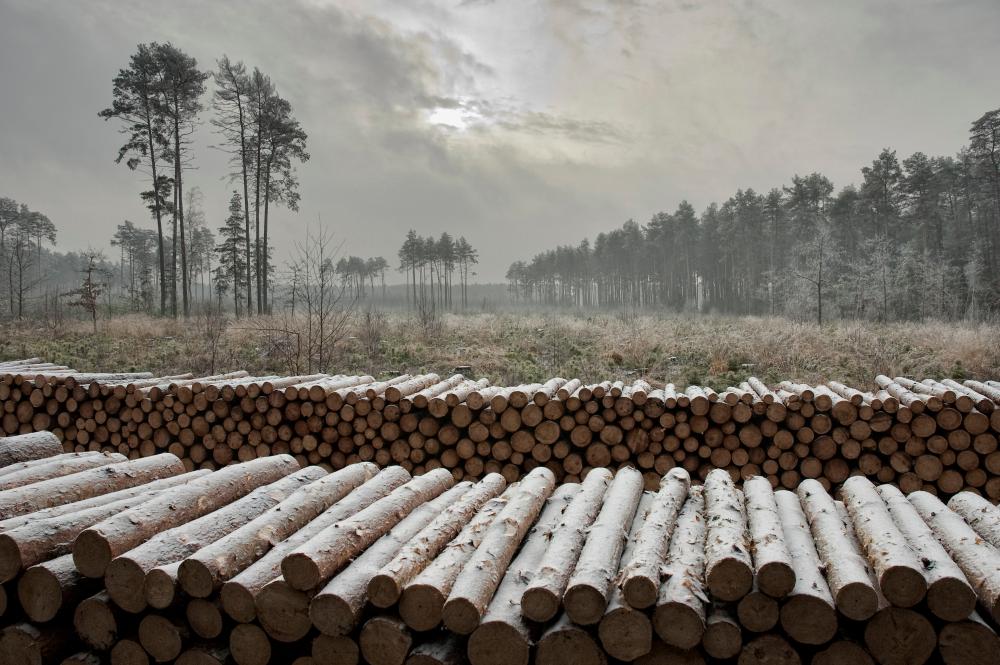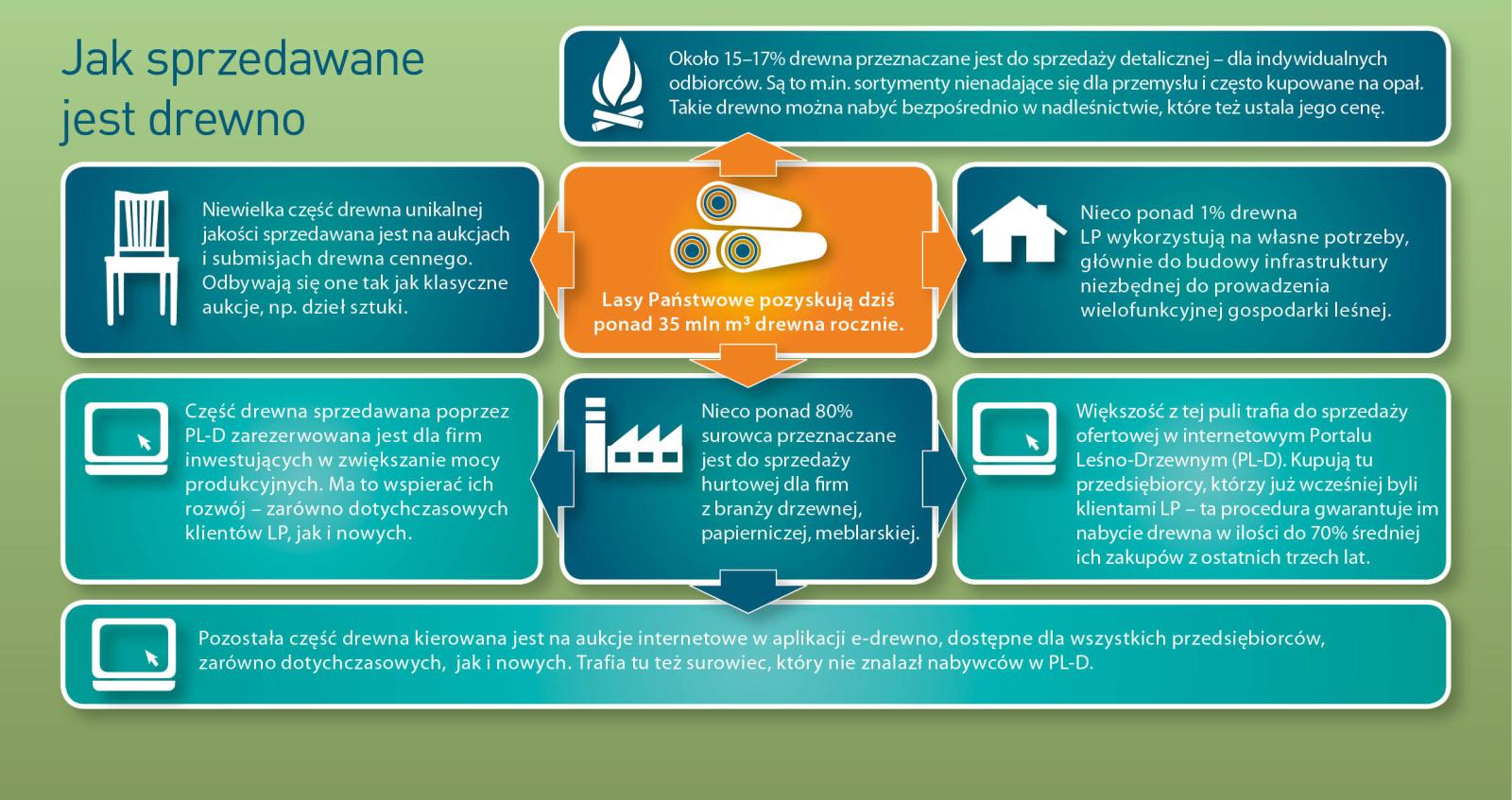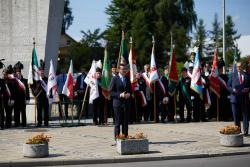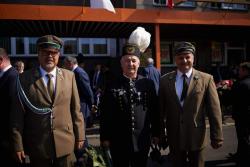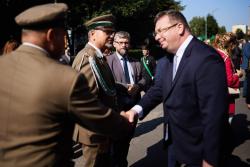 Asset Publisher
Asset Publisher
Sale conditions
Sale conditions of wood are specified by the regulation of Director – General of the Sate Forests.
Within the framework of the individual sale , the foresters try to meet the fast growing demand, because more and more people use wood in order to heat their houses. Contrary to general opinion, these are not only village people, even though they prevail among recipients. The growth of firewood demand is the result of occurrence of new housing estates built in the suburbs of large agglomerations, where houses are usually equipped in fireplace heating installations.
Firewood is not only the most ecological heat source, but also is much more attractive in respect of relation of price and electric efficiency, rather than cola, oil, gas or electric power.
In recent years, the Sate Forests increased the sale of firewood of one third – up to over 4 million cubic meters annually. Firewood is not only the most ecological heat source, but also is much more attractive in respect of relation of price and electric efficiency, rather than cola, oil, gas or electric power. Some of customers choose already prepared and cut into pieces wood, the others very willingly obtain it by themselves after arranging all details and fulfilling particular safety conditions, and after paying the fee; that concerns mainly so called "thinnings". Such a raw material is very cheap, that is why many people from village areas profit from such possibility.
 Asset Publisher
Asset Publisher
 Asset Publisher
Asset Publisher
41 Rocznica Porozumień Jastrzębskich
41 Rocznica Porozumień Jastrzębskich
W Jastrzębiu-Zdroju odbyły się obchody związane z 41.rocznicą podpisania Porozumienia Jastrzębskiego. Rozpoczęły się od nabożeństwa o godz. 9.00 odprawionego w kościele pw. Najświętszej Maryi Panny Matki Kościoła. Przed godz. 11 rozpoczęły się uroczystości pod Pomnikiem Porozumienia Jastrzębskiego.
Przemawiając pod pomnikiem Porozumienia Jastrzębskiego Premier Mateusz Morawiecki, zwrócił uwagę, że kiedy w lipcu 1980 roku najpierw w Świdniku, potem w Lublinie wybuchły strajki, wydawało się, że będzie to kolejny krótki protest zgaszony przez komunistów. - Ale wkrótce potem ten ogień nadziei rozpalony na Lubelszczyźnie przeniósł się na wybrzeże i całe wybrzeże zastrajkowało - mówił. Porozumienie Jastrzębskie było trzecim podpisanym w ramach Porozumień Sierpniowych. Pierwsze było w Szczecinie (30 sierpnia), drugie w Gdańsku (31 sierpnia), trzecie w Jastrzębiu-Zdroju (3 września), a czwarte i ostatnie w Dąbrowie Górniczej (11 września). W uroczystością Lasy Państwowe reprezentowali Damian Sieber, dyrektor Regionalnej Dyrekcji Lasów Państwowych w Katowicach i Paweł Hajduk, nadleśniczy Nadleśnictwa Kędzierzyn.
Sławomir Cichy


